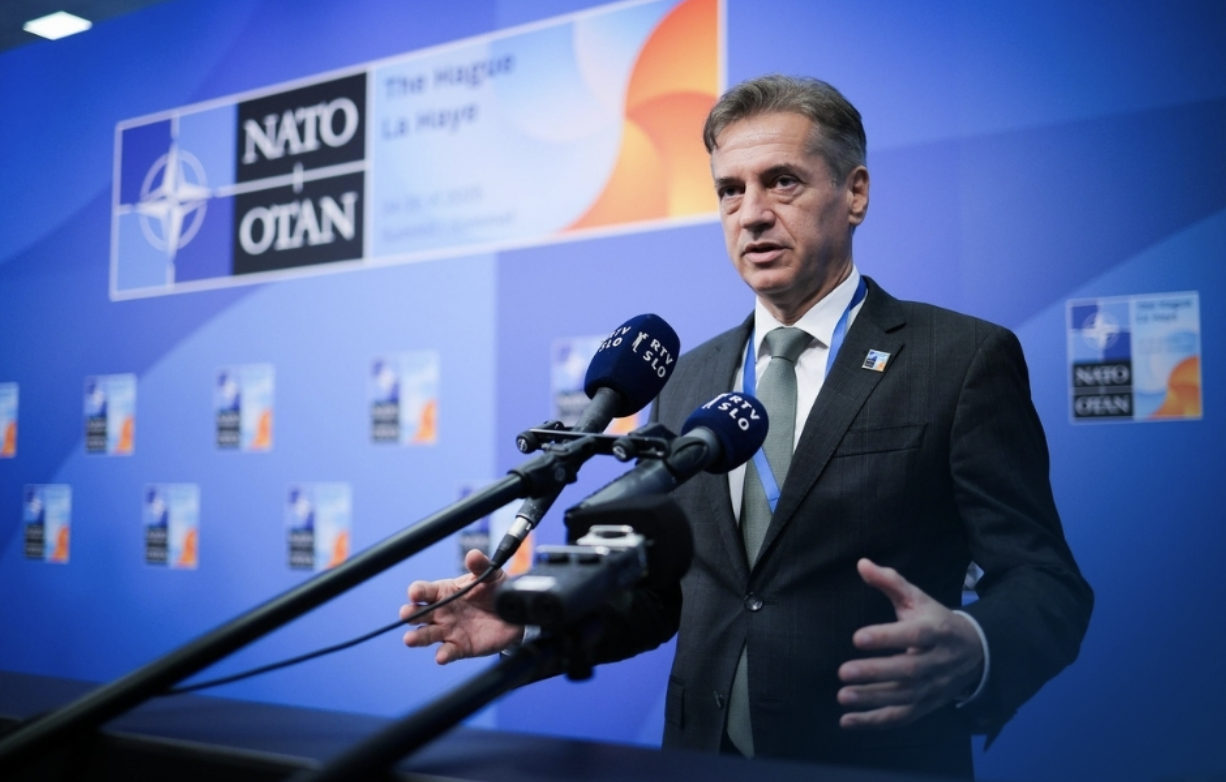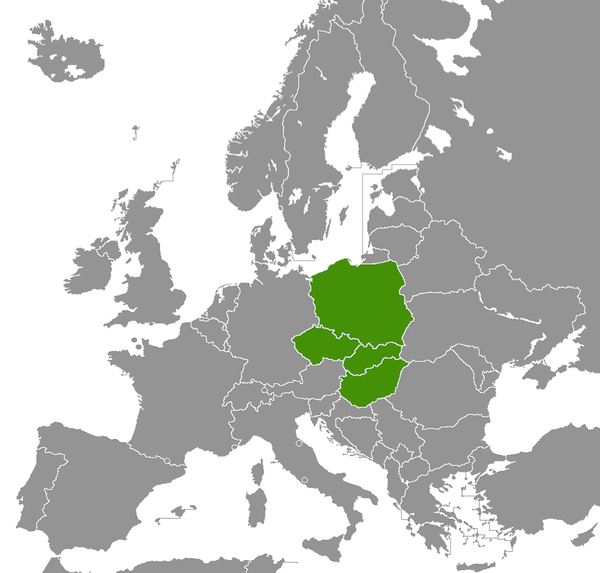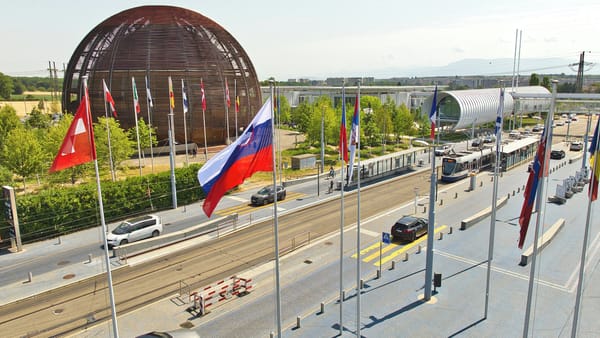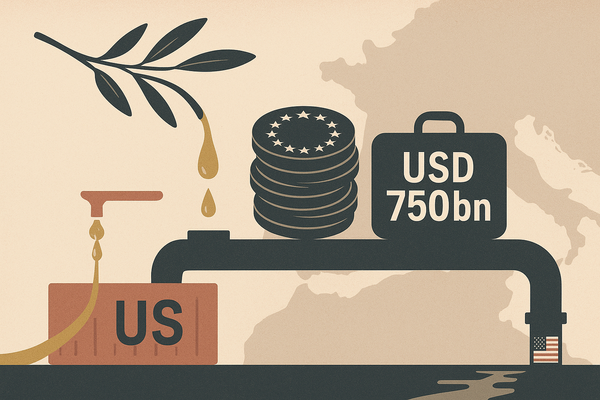
Slovenia cancels NATO referendum amid rising defence cost backlash
Slovenian Parliament voted 44-7 on 19 July to cancel two proposed referendums on NATO membership and defence spending, defusing a coalition rift and capping weeks of internal dispute over military budget targets.
The conflict was sparked by decisions at the NATO summit in The Hague on 9-10 June, where alliance members endorsed long-term spending goals of up to 5% of GDP by 2035.
Coalition debates spending hike, PM ups the ante
Slovenian Prime Minister Robert Golob’s Freedom Movement clashed with coalition partners Levica (the Left) and the Social Democrats, who proposed capping Slovenian defence spending at 3% by 2030. Parliament passed their proposal for a referendum on the issue on 4 July by 46 votes to 42.
In response, Golob floated a second, more provocative measure: a consultative referendum on NATO membership. “There are only two possible routes: we either stay in the alliance and pay for that membership, or we leave,” he told reporters. “Everything else is populist deception of citizens.”
Tensions continued to escalate. In a televised interview on 11 July, Golob said the defence spending vote amounted to an ideological position. “Those who vote for the referendum are voting against NATO, against rearmament, and for a pacifist policy,” he said on national broadcaster 24ur.
Golob's remarks drew sharp criticism from coalition partners and academics alike, and MPs from the Freedom Movement, the opposition Slovenian Democratic Party, and ethnic minority representatives voted on 19 July to cancel both referendum proposals. Levica, the Social Democrats and most of the opposition abstained from the House vote.
Defence Ministry to pursue slower spending increase
The Slovenian Defence Ministry said it would regardless continue implementing its medium-term plan, which targets 2% of GDP in 2025 and 3% by 2030. Slovenia spent 1.37% of GDP on defence in 2024, according to NATO data.
A Ninamedia poll published on 15 July found 52% support for remaining in NATO, with 25% opposed and 23% undecided. In Slovenia’s 2003 NATO accession referendum, 66% voted in favour on a 60% turnout.
University of Ljubljana Chair of Defence Studies Jelena Juvan said Golob’s NATO referendum proposal was “dangerous and irresponsible (and) gambling with the future of the nation to resolve internal disputes”. Social Democrat MEP Matjaz Nemec called the move “emotional, rushed and not strategic”.
Czech opposition leader Babis pushes back on NATO targets
Further north in Central and Eastern Europe (CEE), Czech opposition leader and former prime minister Andrej Babis said his ANO party would reject NATO’s new defence spending goal if it wins October’s election.
“If Trump says that I have to jump from the window, I will not jump,” Babis told UK business daily The Financial Times on 15 July. He also pledged to halt Czechia’s government-backed ammunition shipments to Ukraine, which exceeded 850,000 shells in 2025.
NATO targets strain coalitions across the region
The Slovenian referendum cancellations should stabilise Golob’s coalition, ahead of national elections in 2026. However, the episode reflects wider unease across CEE, as rising military costs challenge domestic politics and expose diverging visions of NATO’s future.





